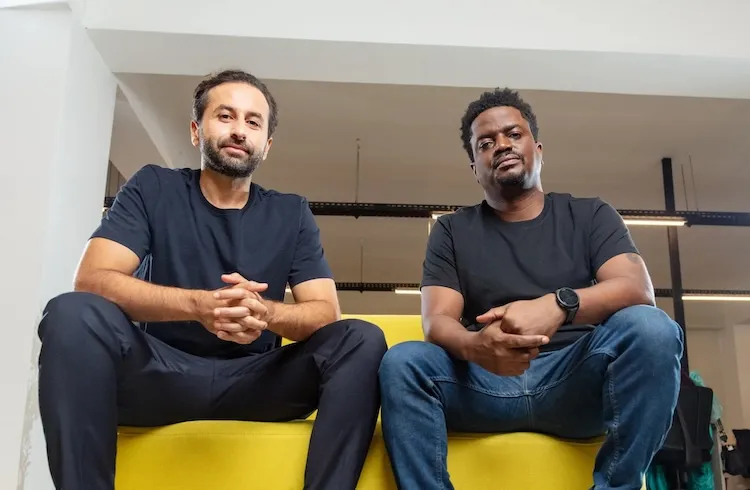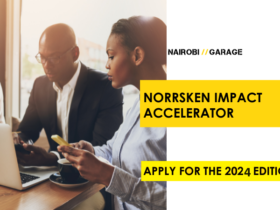Quick Summary: Djamo, a leading Ivorian digital bank, has raised $17 million in equity funding to expand its services across Francophone West Africa. Backed by Janngo Capital, the startup is bridging the gap between mobile money and traditional banking, with over 1 million users and a focus on unbanked populations
In a major boost for Francophone Africa’s fintech sector, Ivorian digital bank Djamo has raised $17 million in equity funding to fuel its expansion across the region.
The funding round was led by Pan-African venture capital firm Janngo Capital. It marks the largest VC raise ever by a startup in Ivory Coast, reflecting strong investor belief in Djamo’s mission to improve financial access in underserved markets.
Targeting an Overlooked Market
While many African fintechs focus on Nigeria, Egypt, or South Africa, Djamo has taken a different path. The startup is making waves in French-speaking West Africa, especially in Ivory Coast and Senegal.
Launched in 2020 and backed by Y Combinator, Djamo has already onboarded over 1 million customers. These users are mainly from communities that traditional banks have long excluded.
“Our goal is to become the go-to bank for a generation of users who have outgrown mobile money but find traditional banks too expensive or outdated,” said Hassan Bourgi, CEO and co-founder.
Bridging the Gap: Mobile Money vs Traditional Banking
In much of West Africa, traditional banks often serve only the wealthy, while mobile money platforms offer basic services like transfers and bill payments.
Djamo bridges this gap. It provides a full digital banking experience with the ease of mobile money, offering users more advanced tools like:
- Savings vaults
- Investment products
- Salary-linked accounts
The platform especially appeals to young, mobile-first users looking for more control over their money.
“These users are evolving,” said Bourgi. “They don’t want to go where their parents went—they want more control, transparency, and value.”
Supporting Small Businesses Too
Djamo isn’t just for individuals. It now supports over 10,000 small businesses, many of which started out as personal account holders.
Business features include:
- Bulk payments
- Payment links
- QR code transactions
The startup also holds the region’s first fintech-issued brokerage license, further expanding its service offerings.
Expanding Reach with a Hybrid Model
Despite its digital-first approach, Djamo recognizes the need for physical outreach. To reach more users, especially those without prior banking experience, Djamo has adopted a hybrid model. It uses offline agents—similar to mobile money networks—to help onboard and support customers face-to-face.
Currently, over 55% of Djamo users are unbanked, and for 90% of them, Djamo is their primary financial service provider.
Roadmap to Sustainable Growth
Since its last raise in 2022, Djamo’s revenue has grown fivefold, with over $4.5 billion in transactions processed to date. Revenue streams include:
- Merchant transaction fees
- A premium plan, which 25% of users subscribe to
The company is also preparing to launch interest-bearing savings and lending products, pending regulatory approval.
With a team of 250 employees and expansion plans underway in Senegal, Djamo aims to complement—not compete with—services like Wave by offering more advanced financial tools.
“In a region where fewer than 25% of adults use formal financial services, Djamo is helping unlock access—and opportunity—at scale,” said Fatoumata Bâ, founder of Janngo Capital.



















Leave a Reply